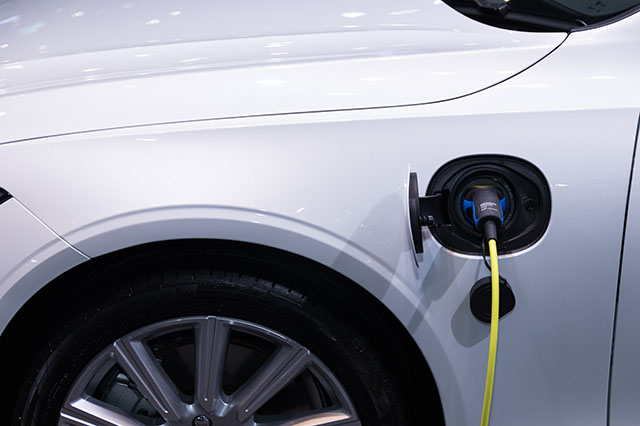Le Bourget – Auto-making powerhouse Germany is opposed to a ban on internal combustion engines from 2035 provided they work on synthetic fuels, the country’s transport minister said on Monday.
The European Commission proposed last year a ban on the sale of new cars with internal combustion engines from the middle of next decade, but the debate is far from over.
you may remember when Michael Gove announced (last year) that there would be a “ban” on petrol and diesel (and most hybrid) cars by 2040: turns out it’s a bit more complicated than that
— Jim Pickard (@PickardJE) June 18, 2018
ALSO READ | ExxonMobil targets ‘net zero’ emissions at operations by 2050
“There must be a technical solution to guarantee that they can’t be refueled with fossil fuels,” he added.
Synthetic fuels, which could be used by current cars with little or no modification, might be able to considerably lower emissions depending on how they are produced.
The meeting of transport ministers looked at innovation to decarbonise road transport among other issues.
Wissing backed the position of the French EU presidency that hybrid vehicles can be useful to reduce carbon emissions.
ALSO READ | Rwanda turns to electric motorbikes to drive down emissions
“Today we don’t have enough EVs (electric vehicles), we need to scale up their availability,” Wissing said.
“So it’s better that people use hybrid technology as an intermediary solution,” he added.
At the latest UN climate meeting last year, more than two dozen countries and car companies pledged to work on ensuring that by 2040 only zero emission vehicles are sold.
But major carmaking nations including China, the United States, Japan, France and Germany did not sign up.
Germany, in particular, criticised the fact that synthetic fuels were left out.
Wissing also advised against relying upon one technology, and said government policies should pick winners.
ALSO READ | Drunk lorry driver ploughs into 30 cars, causes house fire in Germany
“We can’t only bank on electric mobility or hydrogen for the future,” Wissing said Monday.
“We need to remain technology-agnostic”.
Airlines are counting on the emergence of sustainable or synthetic fuels to reduce their carbon emissions.
The development of carbon-neutral synthetic fuels would allow the continued use of current combustion engine technology for both aircraft and cars.
Follow African Insider on Facebook, Twitter and Instagram
Source: AFP
Picture: Pexels
For more African news, visit Africaninsider.com


